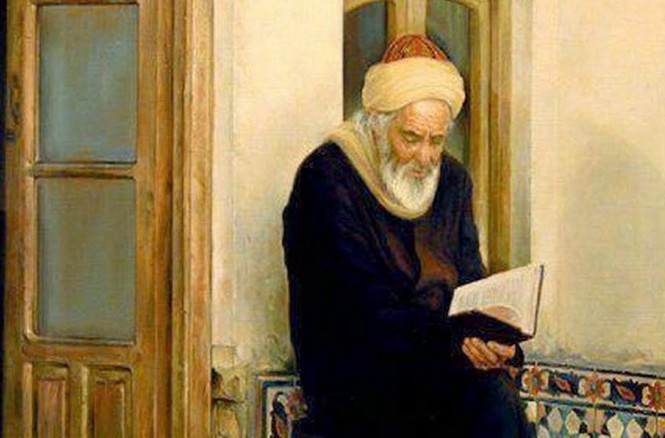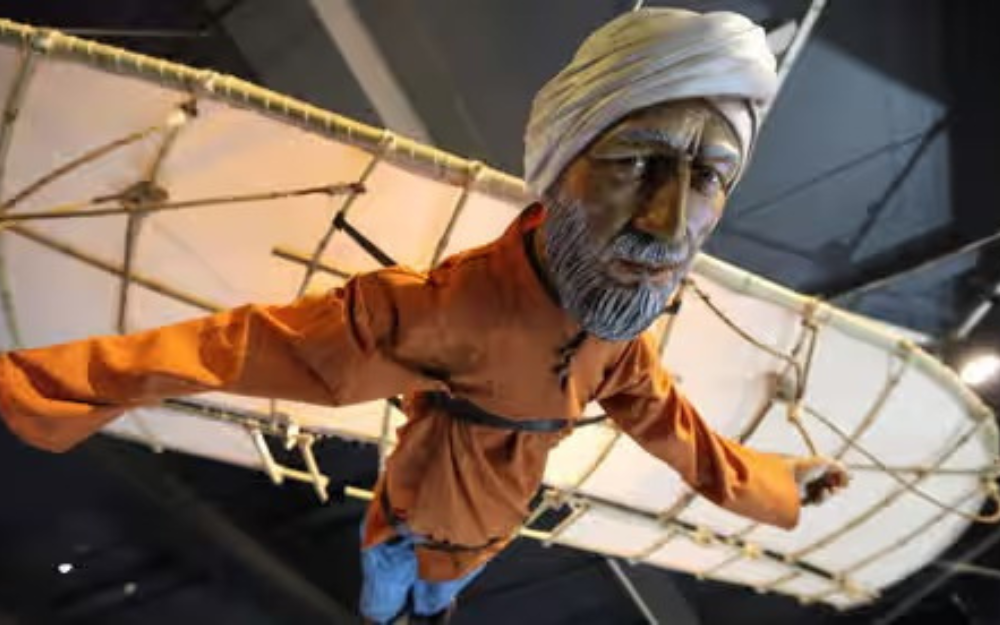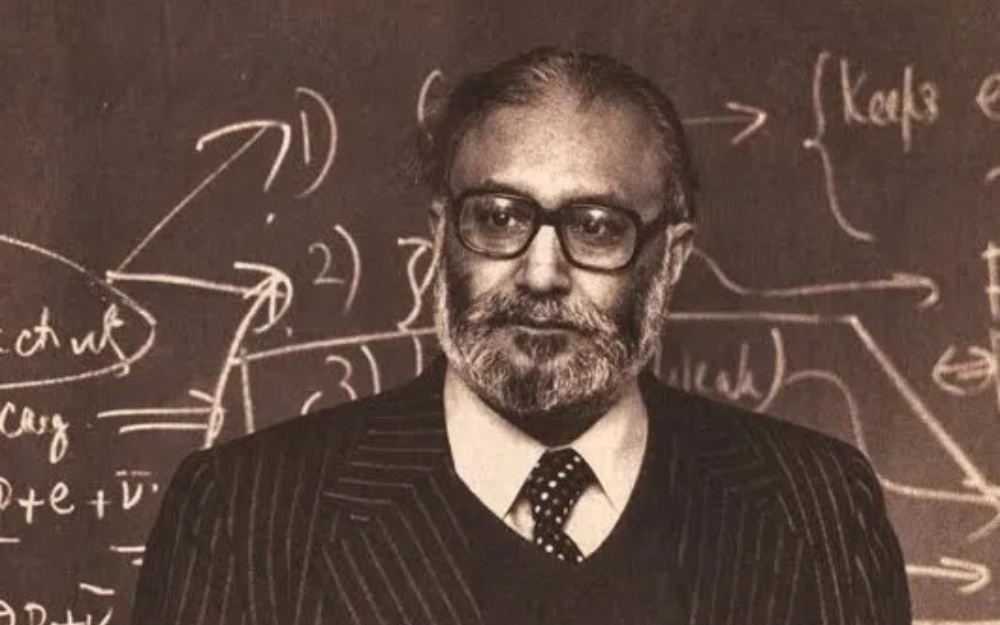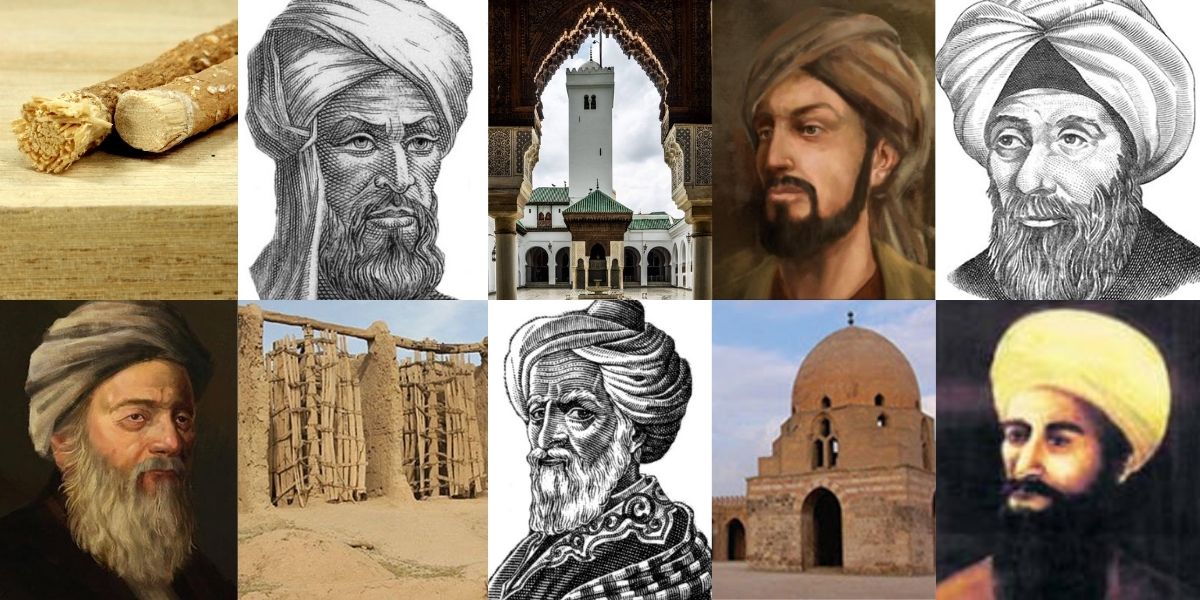Throughout history, Muslims have played a crucial role in shaping the intellectual and scientific landscape of the world, from luminaries such as Ibn Sina in medicine, Al-Haytham in optics, and Al-Khwarizmi in mathematics, Muslim scholars once laid the foundation for modern scientific advancements.
The Islamic Golden Age (8th–14th century) was marked by groundbreaking research in medicine, physics, chemistry, astronomy and philosophy—many of which directly influenced the Renaissance and the scientific revolution in the West. However, today, with over 1.8 billion Muslims worldwide, the community’s contribution to modern science and innovation appears disproportionately small.
This stark contrast is often highlighted in comparisons such as the fact that Jewish scientists, with a global population in the millions, have received over 30 Nobel Prizes in scientific fields, whereas Muslim recipients are significantly fewer.
WHAT WENT WRONG?
The Decline of Knowledge and the Rise of Intellectual Stagnation

A picture depicting Imam Ghazali
One of the fundamental reasons for this decline was that the freedom with which scholars could research, discuss and share their knowledge was suppressed, and ideas became regulated by authorities. Starting in the 8th century, scholars not only preserved Greek, Persian and Indian knowledge but also expanded upon it.
However, over time, a shift occurred where some religious authorities began to discourage critical thinking and engagement with secular knowledge.
They enforced a return to strict orthodoxy with the support of the Abbasid Caliphate in the 13th century, leading to the persecution, imprisonment, or exile of renowned Muslim scholars and polymaths. Imam Ghazali played a pivotal role in this philosophical shift, emphasizing theology over reason. This marked the end of the Islamic Golden Age.
The suppression of free speech and research continued until the 18th century when theologians like Abdul Wahab emphasized strict adherence to religious texts, discouraging any exploration of ideas beyond the Quran and Sunnah. A rigid belief system emerged, rejecting the scientific method and rational inquiry in favor of absolute submission to older interpretations of dogma.
Based on interpretations that conformed to the culture and norms of the past era, even questioning natural phenomena was discouraged. The idea that nature must be accepted as it appears—without an underlying cause-and-effect relationship—was promoted in certain circles.
This directly contradicted the scientific approach of observation, experimentation, and deduction that once flourished during the Islamic Golden Age.
Such interpretations led to outdated understandings of the natural world, where scientific explanations were dismissed in favor of literal readings of religious texts.
This intellectual stagnation severely hindered progress, as questioning, reasoning, and skepticism—hallmarks of scientific advancement—were seen as threats rather than tools for enlightenment.
Political Oppression and Lack of Freedom of Expression

Ibn Firnas’ flying contraption
In such environments, intellectual discourse and academic freedom are often suppressed. The ruling elite exploits religious narratives to maintain control over the population and ensure their subordination to the ruling class.
Dictatorships and religious institutions have, at times, viewed intellectuals and scientists as threats rather than assets. Dissenting voices, whether political, religious or scientific, are often met with censorship, imprisonment or even execution. This creates an environment where scholars and researchers are unable to challenge prevailing ideas, conduct independent research or innovate freely.
Without the ability to question, experiment, and critique established norms, scientific progress stalls. Many of the greatest scientific breakthroughs in history have come from environments that foster debate, encourage curiosity, and allow researchers to challenge existing paradigms.
This culture is largely missing in many parts of the Muslim world today, further contributing to its lack of representation in global scientific advancements.
The Fear of Modernization and Resistance to Change
One of the paradoxes of modern Muslim societies is the simultaneous rejection and selective acceptance of science. Interestingly, many scholars claim that no verse in the Quran conflicts with scientific concepts, yet many Muslim scholars brandish science as anti-Islamic, viewing it as a threat to faith.
However, they also celebrate scientific discoveries that appear to align with religious beliefs, hailing them as proof of divine wisdom. This inconsistent relationship with science creates a deep-rooted fear of modernity and a reluctance to embrace scientific progress.

Dr. Abdus Salam
The only Muslim Nobel laureate in physics—Dr. Abdus Salam, who was awarded the prize for his contributions to electroweak unification theory in Nuclear Physics—stated that he derived his inspiration for research from the Quran.
However, he was marginalized in his own country due to religious sectarianism, further illustrating how political and theological constraints hinder scientific progress in the Muslim world.
Furthermore, while Islam provides mechanisms such as ijtihad—which allows the reinterpretation of religious principles to adapt to contemporary needs—many scholars and institutions refuse to exercise it.
This has led to rigid interpretations of religious laws, which often fail to address the realities of the modern world. Instead of utilizing ijtihad to evolve with changing times, there remains strong resistance to reform, making it difficult for Muslim societies to engage with contemporary scientific and technological advancements.
The Way Forward

There is a great need to revisit perspectives on science and religion. The first and foremost understanding should be that science is not against Islam, but rather, it complements it. Many empirical concepts mentioned in the Quran have been validated by scientific discoveries.
Both Islam and sciences lead to a progressive future and should be followed as a common path. Science should be an essential subject in Islamic studies in colleges and universities, emphasizing the harmony and amalgamation of science with Islam.
Similarly, the curriculum of madrassas and Islamic institutes should be revised to include science and mathematics alongside Islamic studies. Students should be encouraged to explore scientific perspectives that align with Islamic concepts, integrating both fields into their education.
Scientists should be revered and given a prominent place in Islamic ideological councils and related committees, as well as in the formation of educational curricula for schools and universities.
Judicial systems should incorporate a balanced approach, upholding the demands of social justice while ensuring that Islamic jurisprudence is applied in a manner that aligns with contemporary societal needs.
If Muslims are to regain their scientific and intellectual prominence, they must actively embrace ijtihad, reform their educational systems, support freedom of thought and prioritize scientific research alongside religious understanding. Only then can they contribute meaningfully to human civilization once again.
By Mushtaq Jan














